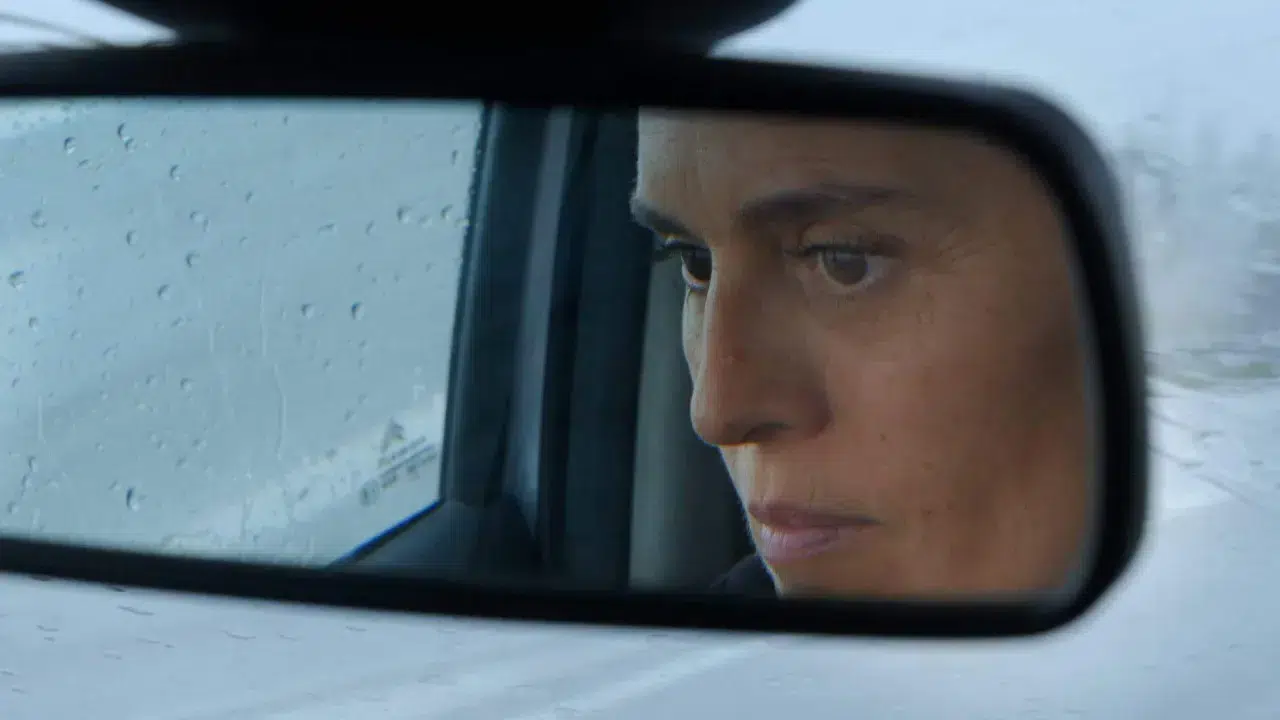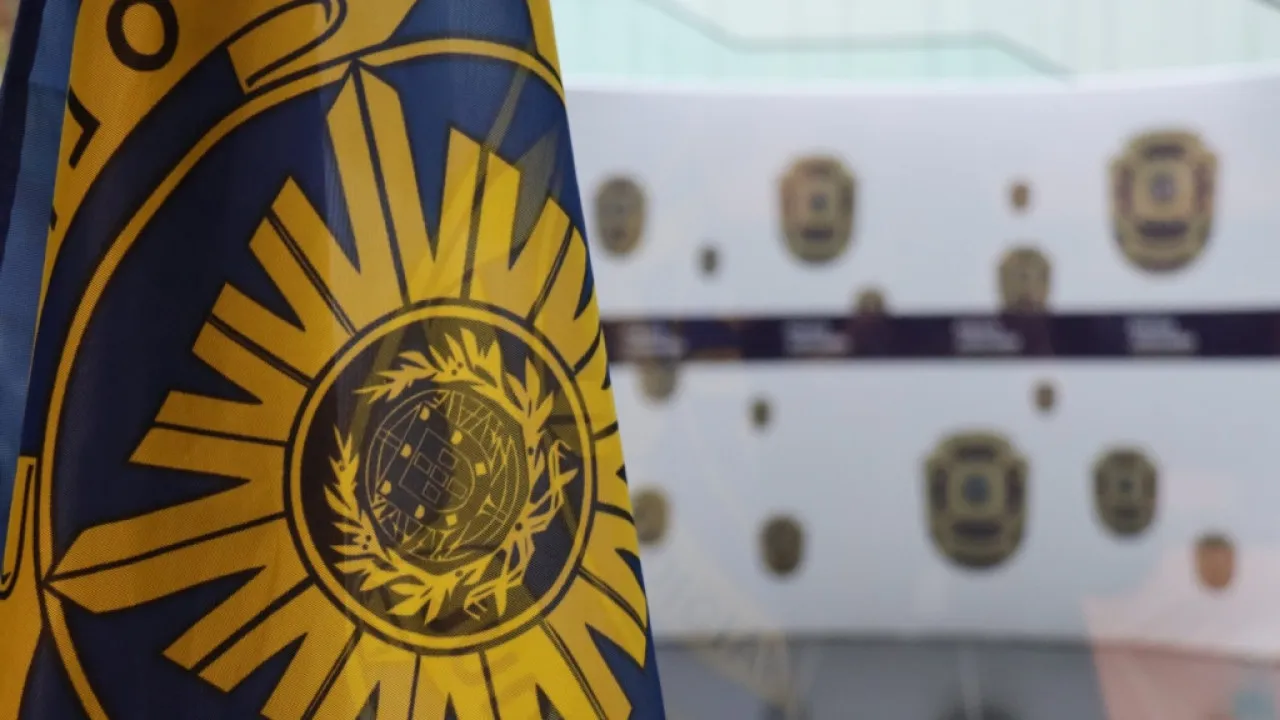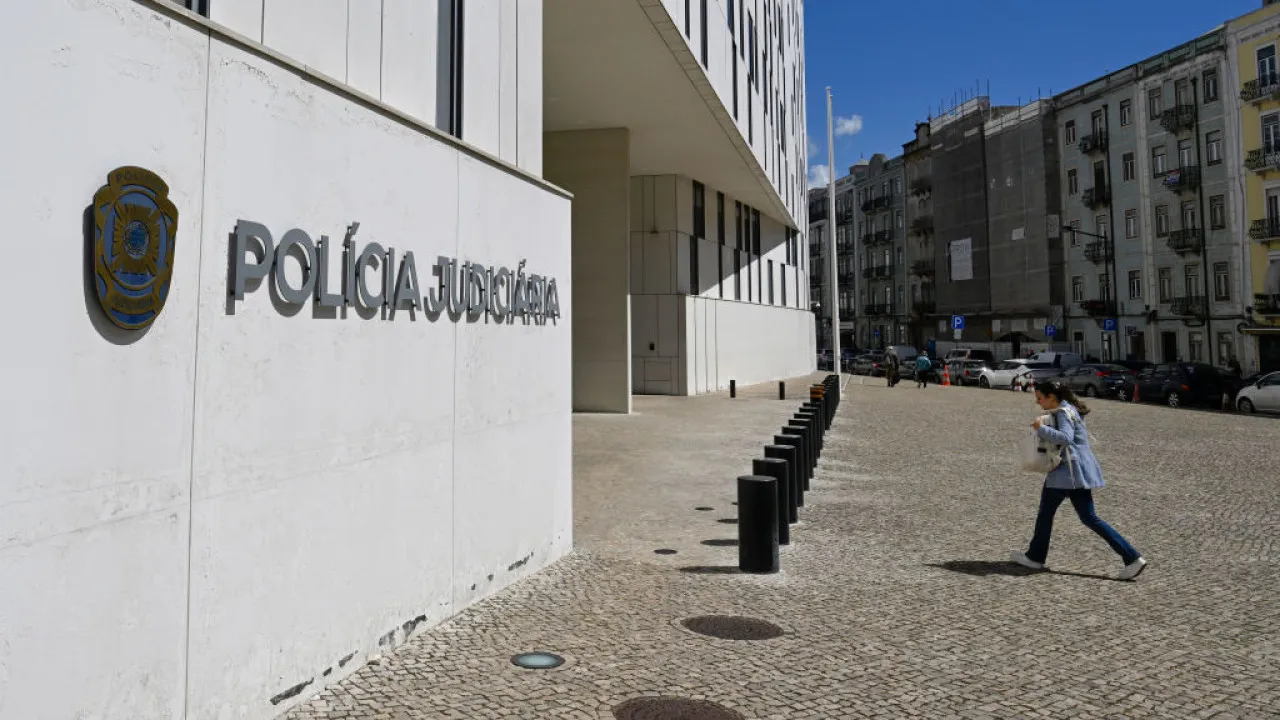
António-Pedro, a multidisciplinary artist, followed the choreographer Filipa Francisco in creating a community project that began in 2011 with contemporary dance performers and members of ranchos in Torres Novas, later involving other ethnographic and folklore groups across the country.
In 2011, Filipa Francisco explained that the idea of ‘A viagem’ was to create “a score” open enough for other dances to be worked on in each region.
“I think this will give the project a very rich quality,” she stated.
Francisco had long dreamed of the possibility of working with a traditional Portuguese dance group, having first experienced this with a Palestinian group in Ramallah.
“The dances are very different, but there was somewhat the same energy, the energy of celebration, being together, and dancing together,” she noted.
Following Torres Novas, ‘A Viagem’ was developed and showcased throughout the country with the involvement of more than two dozen predominantly Portuguese folk and folklore groups, but also in Brazil and Wales.
Conceived and directed by Filipa Francisco, the performance featured co-creation and a soundtrack by António-Pedro. In 2024, the two creators published a book-disc documenting this dialogue between contemporary and traditional forms.
António-Pedro, who accompanied this journey throughout the country, emphasizes that the documentary is not a ‘making of’ but a record of an encounter.
“An encounter that is intensified by the need to create a professional show in a short period of time. An object that becomes part of both groups who, in a rare moment of suspension, create a new ‘we’,” stated the director in a statement of intent.
The film includes participation from the Grupo Folclórico da Região de Arganil, the Grupo Etnográfico do Orfeão do Porto, the Grupo Folclórico e Etnográfico de Recardães (Águeda), and the Rancho Folclórico da Torredeita (Viseu), among others.
‘Mississipis’ is a production between Terratreme Filmes and Companhia Caótica, co-founded by António-Pedro, creator of films such as ‘O homem da bicicleta – Diário de Macau’ (1997), ‘Ne pas couper – Tramagal’ (2017), and ‘Nzila Ngola’ (2021).




